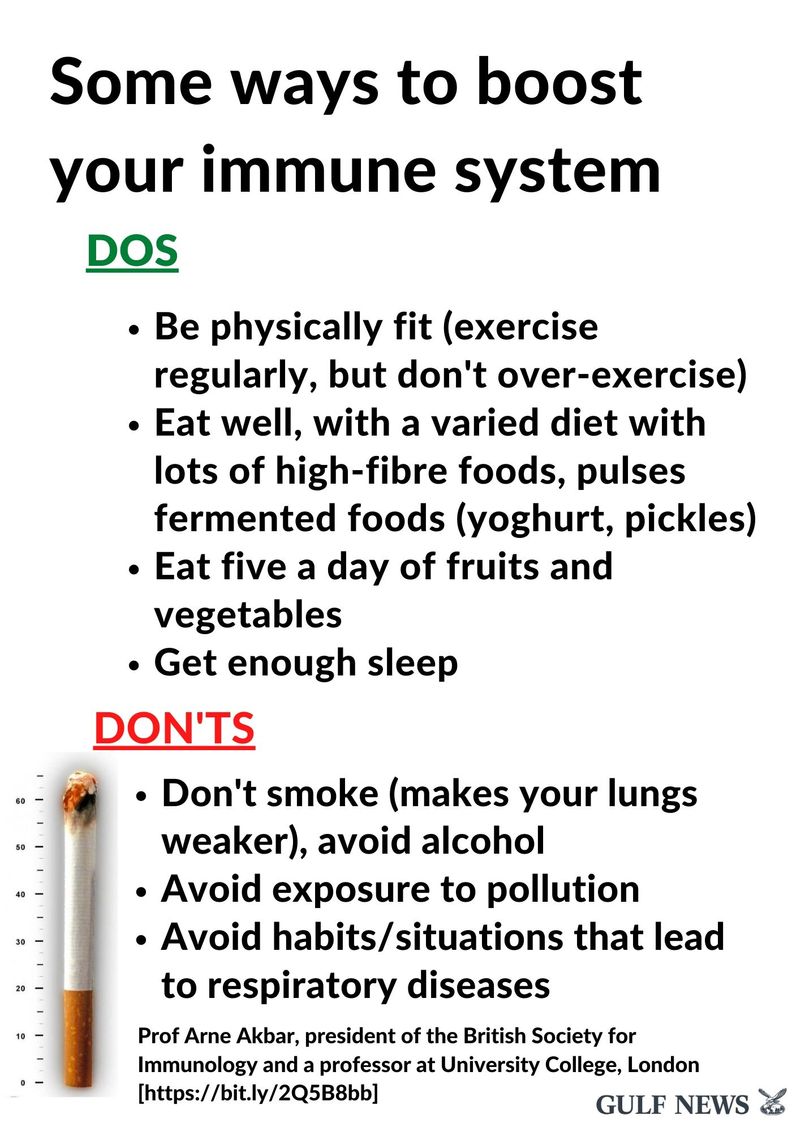Avoid Smoking to Boost Immune System

How Smoking Affects Your Immune System
Smoking can have a significant impact on your immune system. It can weaken your immune system by reducing the number of white blood cells that are responsible for fighting infections and diseases. This can make you more susceptible to infections like colds, flu, and pneumonia.
The Link Between Smoking and Respiratory Infections
Smoking can also have a significant impact on your respiratory system. It can damage the cilia in your lungs, which are responsible for removing mucus and debris from your lungs. This can make it easier for bacteria and viruses to infect your lungs, leading to respiratory infections like bronchitis and pneumonia.
The Negative Impact of Smoking on Wound Healing
Smoking can also have a negative impact on wound healing. It can reduce blood flow to your skin, making it harder for your body to heal wounds. This can increase your risk of infections and make it harder for your body to fight off infections that do occur.
How to Quit Smoking
If you want to improve your immune system and overall health, you should quit smoking. Here are some tips to help you quit smoking:
- Get support from friends and family
- Use nicotine replacement therapy
- Join a support group
- Try behavioral therapy
The Benefits of Quitting Smoking
Quitting smoking can have many benefits for your health. It can improve your lung function, reduce your risk of heart disease and stroke, and improve your immune system. Quitting smoking can also improve your sense of taste and smell, and reduce your risk of developing cancer.
The Challenges of Quitting Smoking
Quitting smoking can be challenging, especially if you have been smoking for a long time. You may experience withdrawal symptoms like irritability, anxiety, and cravings. However, it is important to remember that these symptoms are temporary and will go away with time.
FAQs
Q: How long does it take for your immune system to recover after quitting smoking?
A: Your immune system can start to recover as soon as you quit smoking. However, it can take several months for your immune system to fully recover.
Q: Can smoking affect my mental health?
A: Yes, smoking can have a negative impact on your mental health. It can increase your risk of depression, anxiety, and stress.
Q: Is it safe to use e-cigarettes to quit smoking?
A: E-cigarettes are not a safe alternative to smoking. They still contain nicotine, which is addictive, and can have negative health effects.
Q: Can secondhand smoke weaken my immune system?
A: Yes, secondhand smoke can weaken your immune system and increase your risk of respiratory infections.
In conclusion, smoking can have a significant impact on your immune system and overall health. If you want to improve your immune system, you should quit smoking. Quitting smoking can be challenging, but it is worth it for the many benefits it can have for your health. Remember to seek support from friends and family, and consider using nicotine replacement therapy or behavioral therapy to help you quit smoking.
